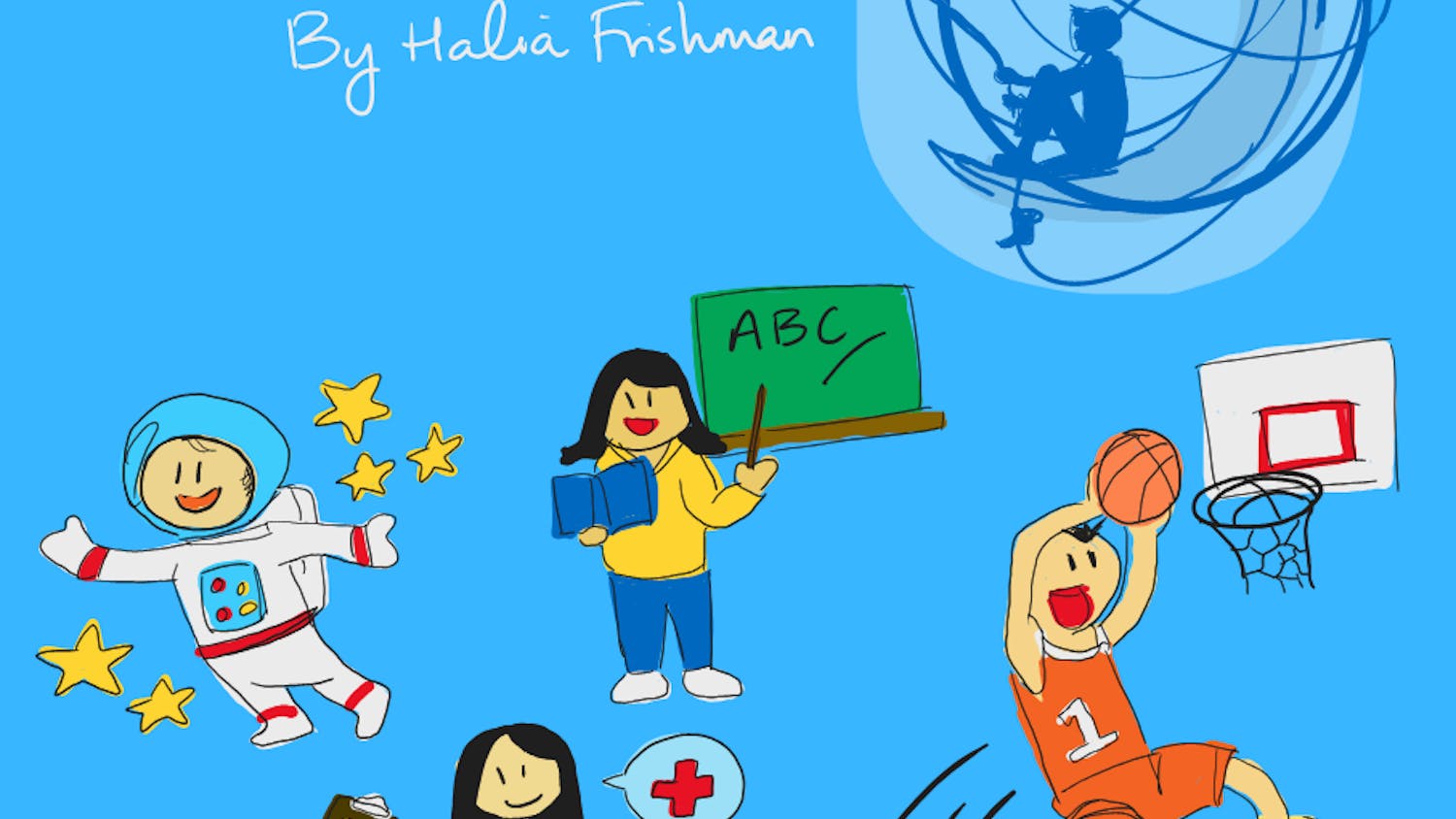Network neutrality is the idea that all data should be treated the same. The phrase, which was coined in a 2003 paper by Columbia professor Tim Wu, focused on “broadband discrimination” -- internet providers discriminating against certain consumers or content providers by slowing down their broadband connections.
Whereas Thomas Jefferson said, “All men are created equal,” Tim Wu -- to paraphrase -- said, “All data is created equal.”
But just as restrictions were later applied to Thomas Jefferson’s words -- all men are created equal, if by men you mean white landowning males -- various controls and constraints have been put on net neutrality.
For consumers, Netflix is great. Get out of class, head to Tisch, fire up a quick episode of the West Wing, do some IR reading in the background and be in and out in under 45 minutes. No pesky commercials, bulky box set DVDs or expensive cable subscriptions.
For internet service providers (ISP), Netflix is terrible. The video streaming service accounted for more than a third of all bandwidth usage in March 2014, up eight percent from the previous year.
Services like Netflix, YouTube, HBO GO and Amazon Prime eat up massive amounts of data. An hour of Netflix can use more than two gigabytes of data -- the equivalent of nearly 500 songs or photos.
While ISPs usually don’t cap the amount of broadband data consumers can use, they have taken action against streaming services that take up such massive chunks of their bandwidth. From September 2013 to January 2014, download speeds for Netflix on Comcast dropped more than 30 percent -- the result of obvious “throttling” by Comcast’s network.
Despite Comcast’s atrocious customer service record, the onus actually fell on Netflix. The CEOs of Netflix and Comcast eventually sat down and agreed to a deal: Netflix would pay Comcast and Comcast would give Netflix customers faster download speeds.
Netflix didn’t really have a choice -- their business is built around high bandwidth, and they would lose customers to other streaming sites if their service continued to suffer. Paying for priority keeps everyone happy.
Unfortunately, the Netflix-Comcast deal set an uneasy precedent for further developments in net neutrality. If Netflix can be forced to pay, why can’t Facebook, Twitter or your crazy uncle’s Tea Party-Mark Sanchez conspiracy blog? When content providers are forced to pay ISPs, net neutrality gets thrown out the window.
The Federal Communications Commission (FCC), which holds authority on all things internet related, adopted basic net neutrality rules in 2010. In January, an appeals court ruled that their guidelines might be overreaching, which reopened the government-level debate over net neutrality.
Net neutrality is for the good of the consumer. Without such regulations, ISPs like Comcast, Time Warner Cable and Cablevision would be able to charge more for special “fast lane” services, that would ramp up -- i.e., not throttle -- download speeds for popular websites.
ISPs, however, see net neutrality as another affront to their bottom lines. With cable television revenue sharply down, these companies are scrambling to find new sources of profit to cover what was once their primary business.
President Obama asked the FCC to adopt a pure form of net neutrality earlier this week, by reclassifying telecommunications companies as “common carriers” and allow the FCC greater authority over their practices.
The FCC and Congress will continue to debate net neutrality for years to come, and that’s a good thing. The legal landscape should change with the technological one. But right now, we have dial-up laws for broadband internet.
More from The Tufts Daily
DreamWorks: Jumbo Dreams
By
Halia Frishman
| April 29
The Round-off Roundup: Olympic team predictions
By
Sarah Firth
| April 25





